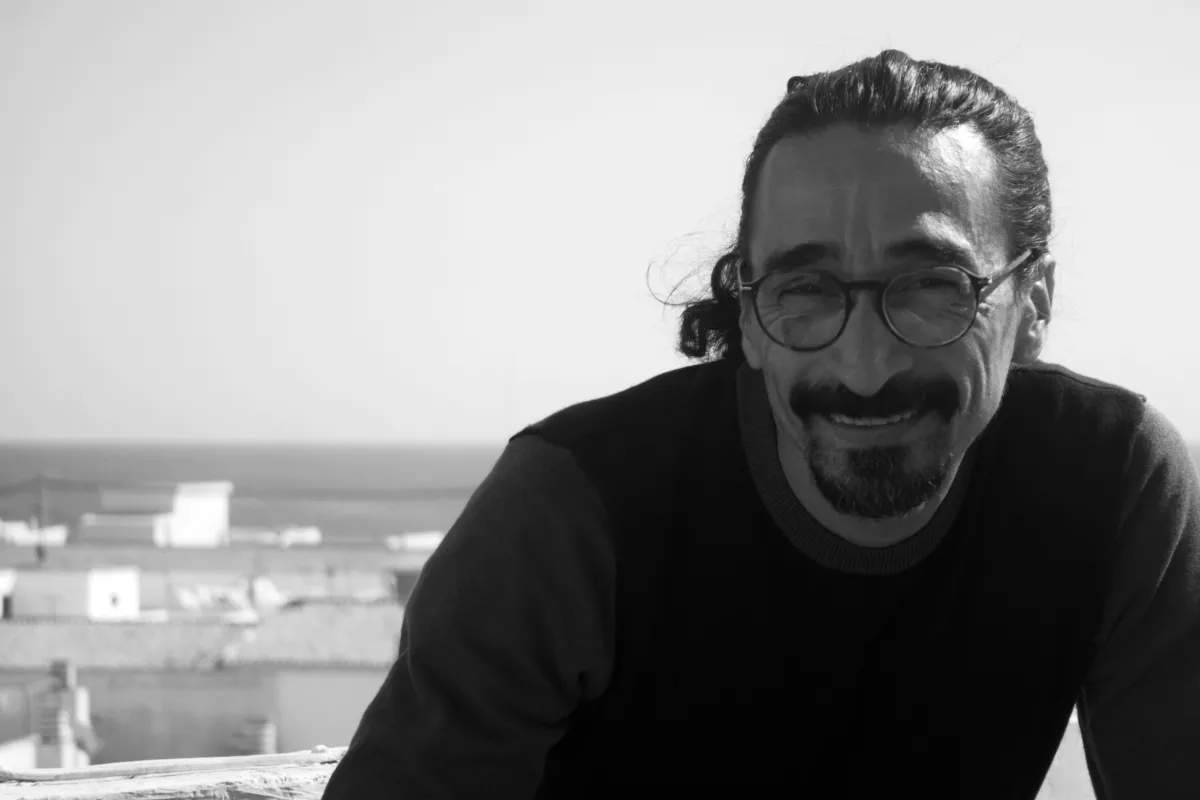Forgotten endings

Rodolfo Lara Mendoza is a Colombian writer. He has published the book of short stories La gravedad de los amantes (Editorial UIS, 2016; Cero Squema Editores, 2022) and the poetry books Esquina de días contados (Pluma de Mompox 2003), Y pensar que aún nos falta esperar el invierno (Pluma de Mompox 2011) and Alguna vez, algún lugar (Turpin Editores, 2018), the latter included in the collection Palabra de Johnnie Walker, published in Spain.
I don't know if others experience this, but of the books I have read and the movies I have seen, I seldom remember the endings. Even then, truth be told, I don't remember them fully. If anything, a detail or two. What is most strongly imprinted on my memory as I reach the last page or as the screen goes black and the credits roll: the placidity of a lake, in a Baricco novel, or the desert in which a girl is lost, in one of John Fante's novels. The disconsolation of a lover who receives a letter, in a Dostoevsky novel, or the vitality of a Camus character who, after murdering another man, likes to run along the beach. Without these islands of memory, what would be the point of reading, if not perhaps the cheerless merit of looking at an empty wall, believing that a painting or a star hangs there?
Sometimes what I remember is a scene before the end that makes me think that the author should have ended the story there. I think now of the film Remains of the Day. Of Mr. Stevens watching Miss Kenton walk away, having not told her what I've been waiting for over two hours. The rain washes the night, as the bus pulls away and she fights back tears. It is not free, this memory. It weighs on my memory and pulls me headlong into that February afternoon when I left my homeland.
There are those who hate their home country because it forced them to leave. There are those who vent that anger on a tyrant, on hunger or on lack of opportunities. I left my country of my own free will and, for at least five years, I have taken that anger out on myself. Do not ask me to recount the story. Like the endings, I almost never remember the storylines. Of Pavese's novels, to give just one example, I retain only a handful of images. A young man returning to his father's house with someone he met in prison. Wild girls, naked children, a room full of apples. A boy working as a helper on a truck, warming his fingers with brandy before playing the guitar. Young people partying in the hills and taking a trip to one of their homes in a village in the mountains. A woman who returns to her city as an adult and joins a soceity where another tries to commit suicide. The words of the man who accompanies her: "Cities grow old, like women". Images, phrases, characters, almost never the plots.
But I do remember Peter Orner: "The plot is the whisper of my parents fighting in the middle of the night. My mother vainly trying to placate my father. That strip of light, Mum's piercing whisper. My father snorting, "Let them hear us, let every fucking busybody in town hear us". Because that's what plots are: an eternally repeating loop with its deceptive burden of meaning. A deafening noise running in place of music or silence. Perhaps that is why I choose novels that are just a succession of fragments; those that, according to Adolfo Couve, make great literature. Images to carry through the days as armour. Phrases that we repeat in our futile attempt to ward off death. Flashes to try to illuminate us inside. The plots and endings I don't even remember in the episodes of my own life. Probably because life is one long rambling that makes it impossible to know when something begins or ends and all our actions are somehow intertwined. The closest thing to an ending was seeing my mother cry that February afternoon at the airport, while I rushed to the boarding gate with no time to comfort her. That first ending, I still suffer - for its share of pain, it is worth all those forgotten others.



